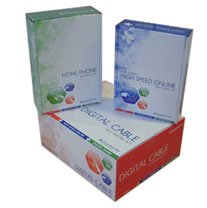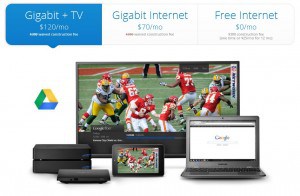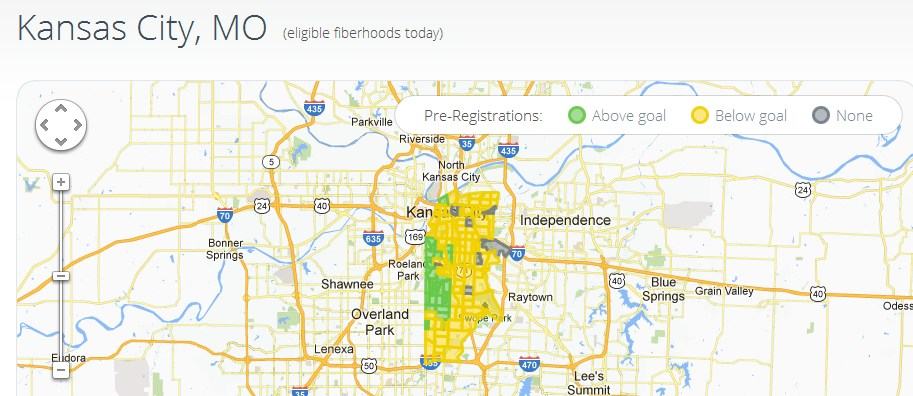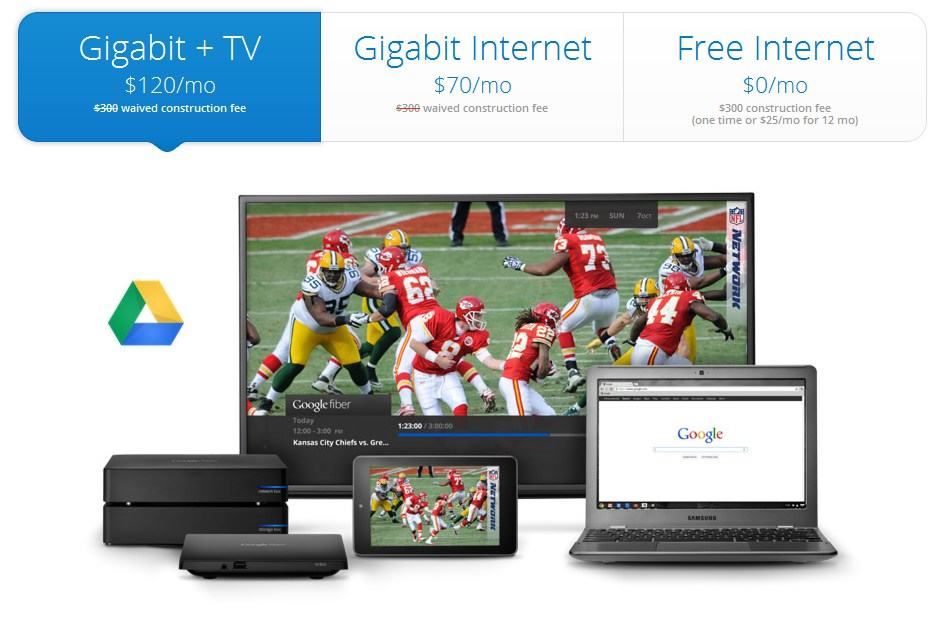 Time Warner Cable executives told investors on a morning conference call the cable company has embarked on a gradual transition to an all-IP-based distribution platform which could eventually mean the end of today’s set top boxes and radically increase the amount of bandwidth available for its broadband and video networks.
Time Warner Cable executives told investors on a morning conference call the cable company has embarked on a gradual transition to an all-IP-based distribution platform which could eventually mean the end of today’s set top boxes and radically increase the amount of bandwidth available for its broadband and video networks.
“Whatever the merits of that from an engineering sense, all things IP are the standards that the world is building devices to,” said Time Warner Cable CEO Glenn Britt. “So that’s the standard we’re going to end up migrating to until something better comes along.”
The transition will help Time Warner Cable support additional customer-owned equipment, including video game consoles, streaming online video boxes, and televisions with built-in support for cable-delivered channels.
“If you look at the cable in 1980s, there weren’t a lot of set-tops, and I think we’re going back to that over time,” Britt said.
 Britt has repeatedly criticized set top box equipment as cumbersome, expensive, outdated, and disliked from the perspective of customers. He noted the only reason Time Warner uses the boxes is to support traditional televisions that cannot handle all of the services the cable company offers today, including video-on-demand and encrypted premium channels. Moving to a different technology platform can result in significant savings if cable operators adopt open standard devices and technology.
Britt has repeatedly criticized set top box equipment as cumbersome, expensive, outdated, and disliked from the perspective of customers. He noted the only reason Time Warner uses the boxes is to support traditional televisions that cannot handle all of the services the cable company offers today, including video-on-demand and encrypted premium channels. Moving to a different technology platform can result in significant savings if cable operators adopt open standard devices and technology.
Later this year, Time Warner will also be launching a nationwide channel realignment, affecting virtually every subscriber around the country. The cable company is adopting a unified, genre-based, national channel lineup, putting popular cable networks on identical channel numbers in every city.
Time Warner’s reported results found the company losing an additional 169,000 video subscribers during the quarter, a new record loss for the cable operator. Despite that, the company still booked an 8% increase in profits, thanks to higher prices for service and increases in the number of broadband customers. Time Warner blamed the video subscriber drop on seasonal losses from departing college students and those heading to vacation properties, as well as the downturned economy.
But the nation’s second biggest cable operator reports it has several initiatives under way for subscribers which they feel will boost earnings and subscriber numbers:
• Over the last 60 days, Time Warner deployed a new set-top box guide throughout the eastern region. After the Olympics conclude, the company will introduce the new guide across the western half of the country. The new guide features a new color scheme and better graphics, and is supposed to make navigation and search easier to use;
• The company will introduce IP-based set top boxes and home gateway devices by next year. The newest gateway is a combination DVR, DOCSIS 3.0 cable modem, and a video transcoder that can convert QAM-based video to IP for devices including game consoles and new IP set top boxes. Time Warner’s newest DVR will include the capability of recording five shows at the same time while watching another and 1TB of storage.
• Time Warner Cable’s TV Everywhere service will expand to include video on demand and the possibility of watching certain networks while outside of the home. The current service only works when you watch over your home Wi-Fi network.
• The cable operator’s Internet Essentials offer, which includes a 5GB monthly usage cap, will move beyond Texas and reach everywhere the cable operator serves by the second half of next year. When a usage meter shows up on your My Services page on Time Warner Cable’s website, you will know this new, optional plan is on the way.
• Time Warner is revamping their website to let customers shop, order, and buy more services online.
• Self-install kits will become increasingly common for customers comfortable installing their own services. The Easy Connect packages are available in stores or by mail, and are free of charge with no installation fee.
• Service call windows will continue to be refined. In most cities, two hour windows are currently offered, but the company is now moving to one-hour windows in many markets. In some cities, 15-minute windows for the first appointment of each shift are now available to customers who don’t want to sit at home and wait all day for the cable guy. The company is now also including an estimate of how long it typically takes to complete the type of service call requested.
• Customers continue to gravitate towards faster broadband service plans. The company’s Turbo, Extreme and Ultimate tiers together garnered 157,000 new adds in the second quarter and now comprise over 21% of high-speed data customers, up from 17% a year ago and 9% three years ago.
Britt also took questions about the impact Google Fiber will have on Time Warner Cable’s operations in Kansas City.
“There’s a lot of effort going on around the country to see what we could do as a society with more bandwidth in kind of a laboratory sense,” Britt said. “I view the Google effort as that. […] And I think that’s good for our business. We have a wonderful infrastructure, we have bandwidth, we have a way to go much faster with DOCSIS 3.0 by adding [higher speeds] to the offering. And the more the people figure out how to use broadband, the better off we’re going to be. So I think this is a good thing, not a bad thing, that people are trying to figure out how to use this technology.”


 Subscribe
Subscribe






